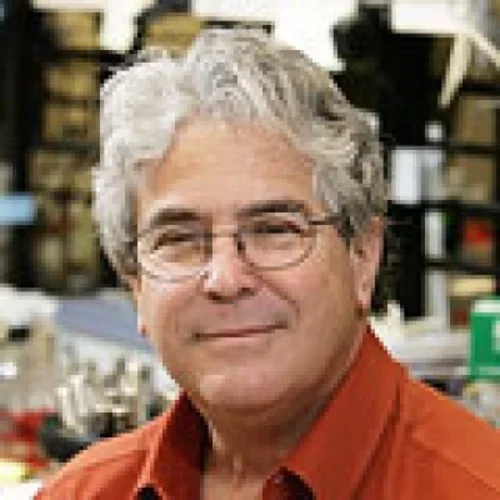
Jeffery H Miller PhD
Distinguished Professor Emeritus
About
MBI Building CAMPUS - 148906
DNA Repair and Mutagenesis
Our laboratory studies mechanisms of DNA repair and mutagenesis, and mutation avoidance pathways. We use microorganisms to discover repair and mutation avoidance pathways, and then attempt to find counterparts in higher cells, including humans. The long term goals …(more)
Affiliations
Professor, Microbiology, Immunology & Molecular Genetics
Member, Basic/Translational Research, Jonsson Comprehensive Cancer Center, JCCC Cancer and Stem Cell Biology Program Area
Research Interests
Our group is interested in understanding how mutations occur in cells of bacteria, and how cells avoid mutagenesis with different repair strategies. We are also interested in understanding repair systems in humans, and how defects in these systems lead to cancer. We have extended our work to examine how antibiotics interact with different gene products in the cell, and are involved in defining genes that when knockout out result in increased sensitivity to antibiotics. The ultimate goal is to develop co-drugs that can be used to potentiate antibiotics to both lower the required dose, thus decreasing side-effects, and to overcome some of the antibiotic resistance generating mutations that occur in pathogens. We have detected new repair systems for oxidative damage in bacteria, and have charactered the human repair genes which are equivalent, and have made and studied knockout mice lacking these gene. We have exploited the strategy of examining mutator strains, those with higher mutation rates, to detect new repair systems in bacteria. We have found genes from other organisms that cause higher mutation rates in bacteria. We are extending this work to include genes from DNA extracted without cultivation from different microorganism communities.
Biography
Jeffrey H. Miller is a professor in the Department of Microbiology, Immunology, and Molecular Genetics within the UCLA Geffen School of Medicine, and also part of the Molecular Biology Institute at UCLA. His research focuses on mechanisms of DNA repair and mutagenesis, and mutation avoidance pathways. His research group uses microorganisms to discover repair and mutation avoidance pathways, and then attempt to find counterparts in higher cells, including humans. The long term goals include understanding human disease and cancer that arises from disruption of DNA repair or activation of mutational pathways.
Publications
Ziebell, K., Aguila, A., Shi, V. Y., Chan, A., Yang, H., and Miller, J. H. Mutagenesis and Repair in Bacillus anthracis: The Effect of Mutators. Journal of Bacteriology 2007; 189: 2331-2338.
Yang, H. J., Wolff, E., Kim, M., Diep, A., and Miller, J. H. Identification of Mutator Genes and Mutaitonal Pathways in Escherichia coli Using a Multicopy Cloning Approach. Molecular Microbiology 2004; 53: 283-295